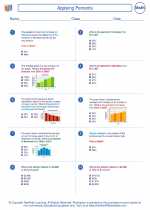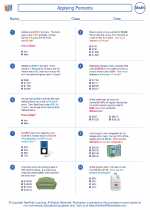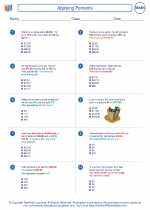Hypothesis
A hypothesis is a tentative explanation for an observation or a scientific problem that can be tested through further investigation. In the scientific method, a hypothesis is formulated as a proposed explanation for a phenomenon, which can then be tested through experimentation or data analysis. It is an essential part of the scientific process as it helps to guide the research and provide a basis for drawing conclusions.
Characteristics of a Good Hypothesis:
- Testable: A good hypothesis should be able to be tested through experimentation or observation.
- Specific: It should clearly state the relationship between variables and the expected outcome.
- Falsifiable: The hypothesis should be capable of being proven false if it is not supported by the evidence.
- Based on existing knowledge: It should be grounded in existing theories or observations.
Formulating a Hypothesis:
When formulating a hypothesis, it is important to identify the variables involved and the expected relationship between them. The hypothesis should be stated as an "if-then" statement, where the independent variable is manipulated to observe the effect on the dependent variable.
Example:
If plants are given more sunlight, then they will grow taller.
Testing the Hypothesis:
Once a hypothesis is formulated, it can be tested through experimentation or data analysis. The results of the tests can either support or refute the hypothesis, leading to further refinement or rejection of the proposed explanation.
Study Guide:
Here are some key points to remember about hypotheses:
- What is a hypothesis and its role in the scientific method?
- Characteristics of a good hypothesis
- How to formulate a hypothesis
- Testing and refining hypotheses
It's important to understand the role of hypotheses in scientific inquiry and their significance in guiding research and experimentation.
[Hypothesis] Related Worksheets and Study Guides:
.◂Math Worksheets and Study Guides Seventh Grade. Applying Percents

 Worksheet/Answer key
Worksheet/Answer key
 Worksheet/Answer key
Worksheet/Answer key
 Worksheet/Answer key
Worksheet/Answer key
